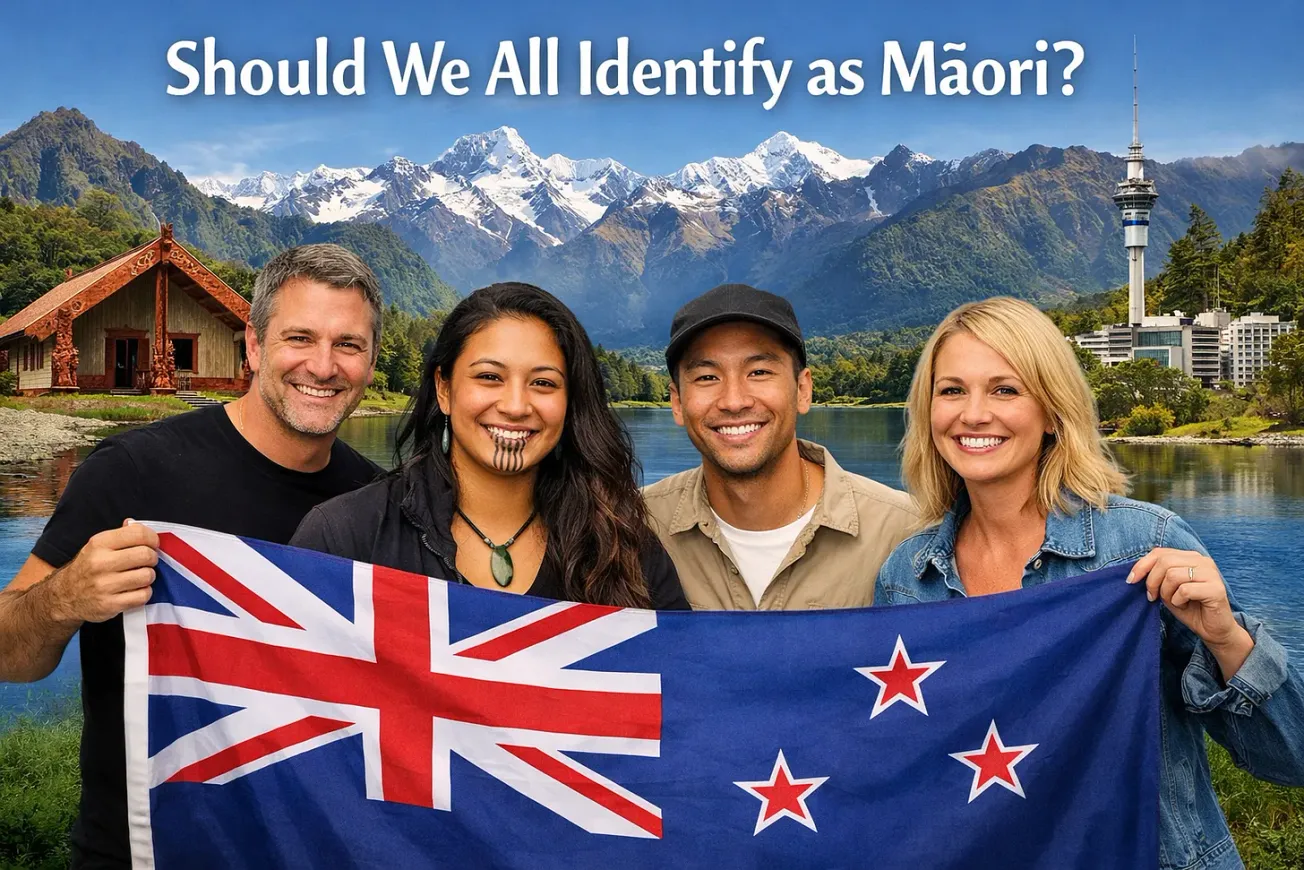Table of Contents
Dr Don Brash
Don Brash was Reserve Bank Governor from 1988 to 2002 and National Party Leader from 2003 to 2006.
This week, Labour Party leader Chris Hipkins has stirred controversy by asserting that “Māori did not cede sovereignty” when signing the Treaty of Waitangi. According to the New Zealand Herald, Hipkins was “unequivocal” in this claim.
Hipkins stated:
“It’s pretty clear that if you follow the various court rulings over time, the academic research, and the treaty settlement process, the answer is no.”
He further clarified, “That doesn’t mean the Crown doesn’t have sovereignty now, but Māori didn’t cede sovereignty in signing the treaty.”
Such statements from a major political leader are deeply concerning and irresponsible. How can Hipkins claim Māori didn't cede sovereignty while also acknowledging the Crown’s current sovereignty? This contradictory stance raises serious questions about his understanding of New Zealand’s history and constitutional framework.
Article One of the Treaty states:
“The Chiefs of the Confederation of the United Tribes of New Zealand and the separate and independent Chiefs who have not become members of the Confederation cede to Her Majesty the Queen of England absolutely and without reservation all the rights and powers of Sovereignty…”
The intent of the treaty was to unify New Zealand under a single sovereign authority.
Historical records, including speeches by Māori chiefs in 1840 and at the Kohimarama conference in 1860, confirm that they understood that they were surrendering authority to the Crown.
Sir Āpirana Ngata, perhaps the greatest Māori leader of all time, emphasised this a century ago:
“Clause 1 of the Treaty handed over the mana and the sovereignty of New Zealand to Queen Victoria and her descendants forever.”
New Zealand has operated as a unified nation under the Crown’s sovereignty for more than 180 years.
Hipkins’ claim that Māori did not cede sovereignty threatens our national unity and could undermine our legal and political system, creating divisions based on heritage where there should be none.
Former Labour Prime Minister David Lange observed:
“Democratic government can accommodate Māori political aspirations in many ways... What it cannot do is acknowledge the existence of a separate sovereignty. As soon as it does that, it isn’t a democracy.”
Willie Jackson has dismissed the notion that Māori chiefs ceded sovereignty in 1840 as “laughable,” further fuelling division and confusion. In contrast, National Party leader Christopher Luxon, Deputy Prime Minister Winston Peters and David Seymour – the leaders of all the parties in the coalition government – have reaffirmed the Crown’s sovereignty.
Disagreements about New Zealand’s founding document should concern us all.
It’s time to stand firm on the principles that unite us as New Zealanders – one law for all, under one sovereign authority.
This article was originally published by Bassett, Brash and Hide.









